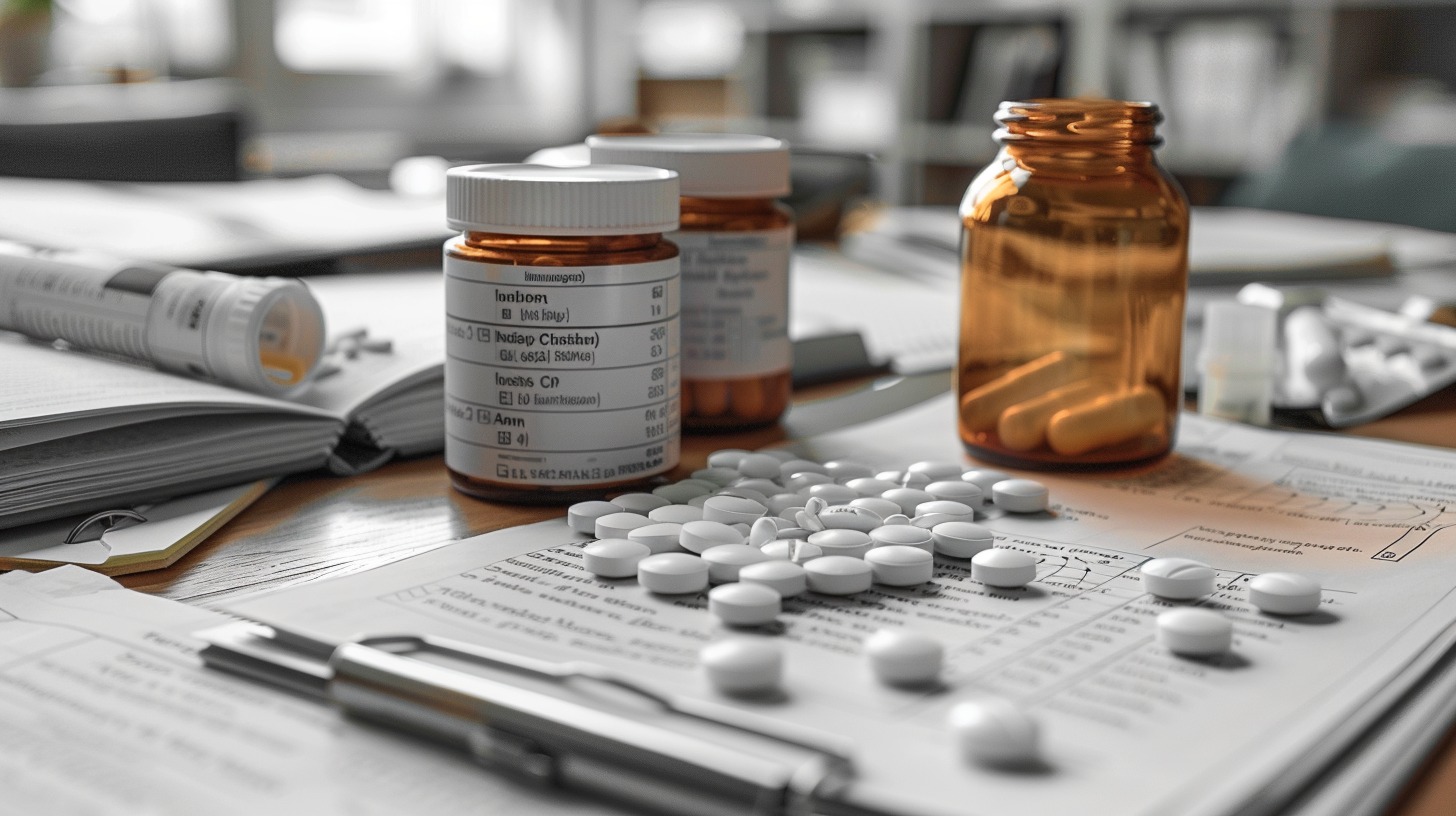For many, the term “treatment” evokes images of detoxification or residential rehabilitation facilities. However, it’s important to clarify that detox (detoxification) is not a comprehensive treatment; it merely addresses the physical symptoms of withdrawal. A residential program is just one of many options available for addiction treatment.
Treatment for substance use disorder can occur in various settings—either inpatient or outpatient, such as an addiction treatment center—and at different levels of intensity. Typically, an individual’s treatment plan is tailored to address not only their substance use but also their physical, psychological, emotional, and social challenges. For instance, drugs may be utilized to treat opioid use disorders. Before making decisions, it’s crucial to fully understand what treatment entails, what it does not include, and the options available.
Types of Treatment Programs
Outpatient: Low to Medium Intensity
Clients usually attend no more than nine hours of treatment per week (slightly less for teenagers) at a specialized facility while continuing to live at home. Many programs offer services in the evenings and on weekends, allowing individuals to maintain their school or work commitments.
Intensive Outpatient Program
Clients participate in 10 to 20 hours of treatment per week (a bit less for teens) at a specialty facility while living at home. Evening and weekend services are often available, so individuals can keep their jobs or stay in school. This option is particularly beneficial for those with accompanying medical or psychological issues that require multiple services, including dual diagnosis treatment, or for those who have not succeeded in outpatient treatment.
Partial Hospitalization Program
Clients engage in four to eight hours of treatment daily (20 hours or more per week) while living at home. Families often choose this type of program when their child requires an intensive and structured experience. Day treatment may be suitable for individuals with co-occurring mental health conditions.
Residential (Rehab)
These programs offer treatment in a residential setting, lasting anywhere from one month to a year. Residents typically progress through various phases of the program, and during certain phases, contact with your child may be limited. It’s advisable to inquire about the program’s policies, procedures, and any additional services, such as education or vocational training.

Inpatient: High Intensity
This treatment occurs in specialized units within hospitals or medical clinics that provide both detoxification and rehabilitation services. It is generally intended for individuals with serious medical conditions or mental health disorders.
Medications for Addiction Treatment (MAT)
For those with a physical dependency on substances such as alcohol, nicotine, and opioids, medications can be beneficial when combined with counseling and other treatment services.
Understanding these various treatment options will help you make informed choices about the path to recovery.
Types of Treatment Services
Access to a wide range of benefits is essential for individuals in treatment to effectively address their challenges. Key services include individual and group counseling, educational and vocational support, life skills training, mental health treatment for co-occurring disorders, family involvement, and continuing care after formal programs. These components work together to promote recovery, enhance self-esteem, and improve overall family dynamics.
Support Following Treatment
Recovery from addiction affects more than just abstaining from substances; it focuses on improving overall quality of life, including emotional and physical well-being, academic or career success, and healthy relationships. Ongoing support is often necessary after initial treatment. Common recovery supports include recovery or sober houses, sober dorms for college students, recovery high schools with tailored curricula, and support groups like Alcoholics Anonymous (AA) and Narcotics Anonymous (NA). These resources help individuals connect, share experiences, and stay committed to their recovery journey.
